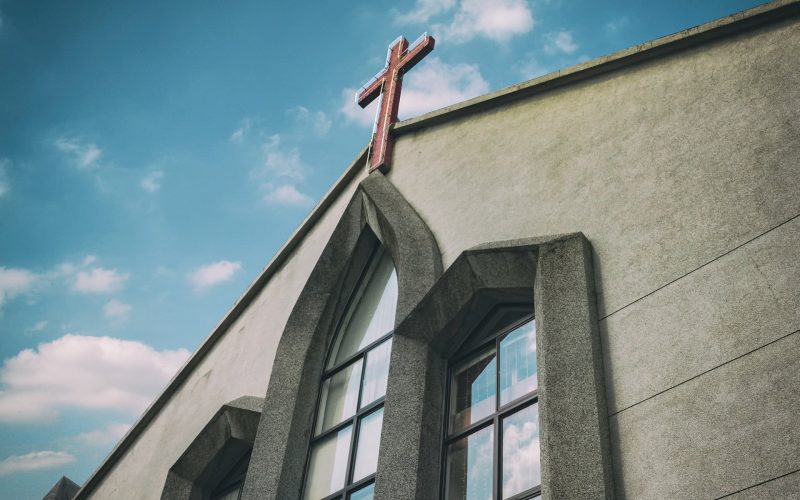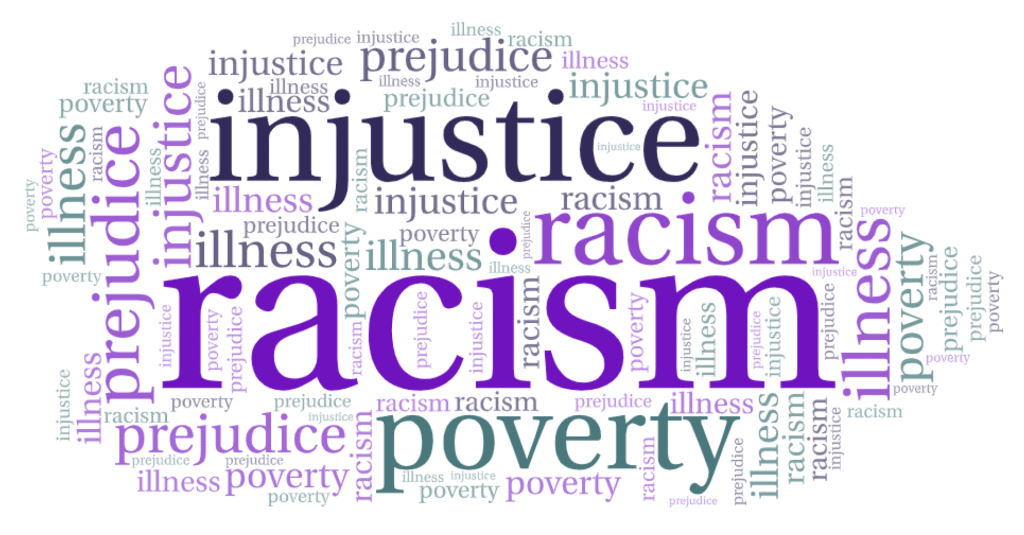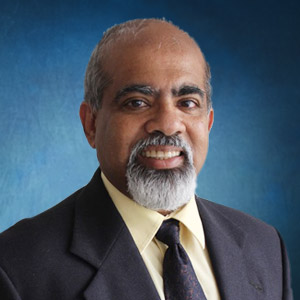The Role of the Church During Crisis

Associate Professor of Biblical Studies (New Testament)


So, whether in times of racism, prejudice, injustice, poverty, or illness, Christians and churches have always stood at the forefront and fought against evil and preserved good. Even now, when we are faced with an invisible enemy, COVID-19, let’s stand strong as the apostles and the cloud of witnesses ahead of us and fight by offering calmness and care to the troubled and fainthearted.
[1] Calvin Chong, ed., The Servant at the Fringes: Christian Serving Foreign Workers in Singapore (Singapore: Singapore Bible College, 2018); Melissa Ong and Prarthini M. Selveindran, ed., God’s Gardners: Creation Care Stories from Singapore and Malaysia (Singapore: GraceWorks, 2020); and Leow Wen Pen and Anne Wong-Png, ed., Call Me by Name: Stories of Faith, Identity, and Special Needs (Singapore: Family Inclusion Network, 2018).
[2] All scripture quotations are from the NIV.
[3] See Gordon D. Fee, The First Epistle to the Corinthians, 1st edition, NICNT (Grand Rapids: Eerdmans, 1987), 812.


